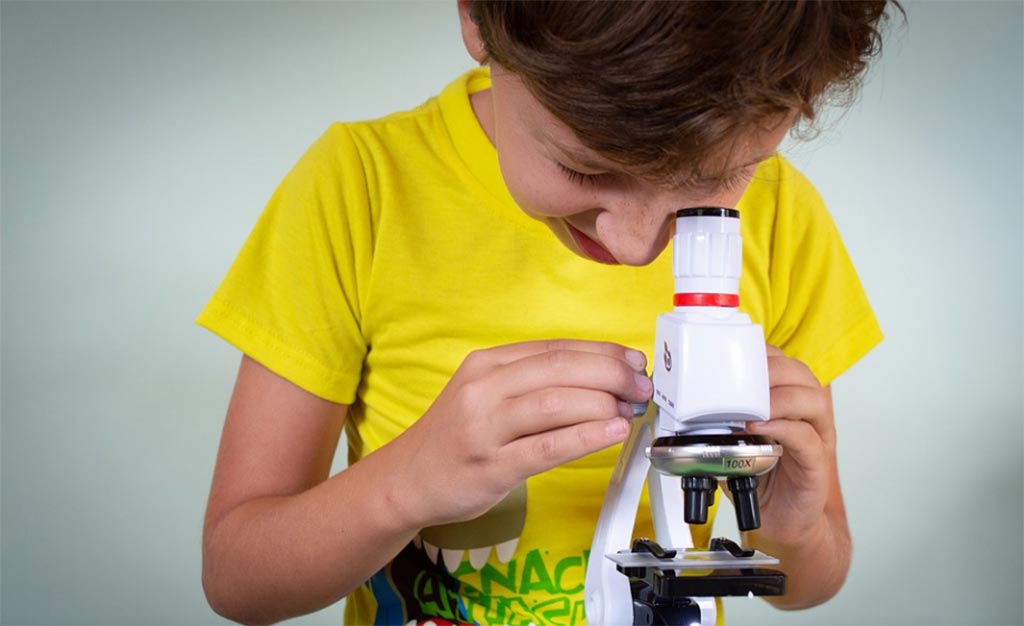We commonly refer to something simple as mere child's play.
However, researchers at the Massachusetts Institute of Technology and Stanford University say there is nothing "mere" about child's play. Children are actually performing complex experiments.
They are little scientists, Wired magazine reports.
To prove just how scientifically children approach their work, researchers gave a group of them a toy that lights up and plays music when the child places certain beads on. When children didn't know which beads would activate the toy -- what scientists call "ambiguous evidence" -- they tested each variable in turn.
Laura Schulz, a professor at MIT, tells Wired it's like someone trying unsuccessfully to open a door with a key.
"You might change the position of the key, you might change the key, but you're not going to change both at once," she says.
Researchers say their study begins to "bridge the gap between scientific inquiry and child's play."
Remember that the next time you find flour scattered all over the kitchen. Scientific discovery can be messy.
Photo by Vicki B at Pixabay






